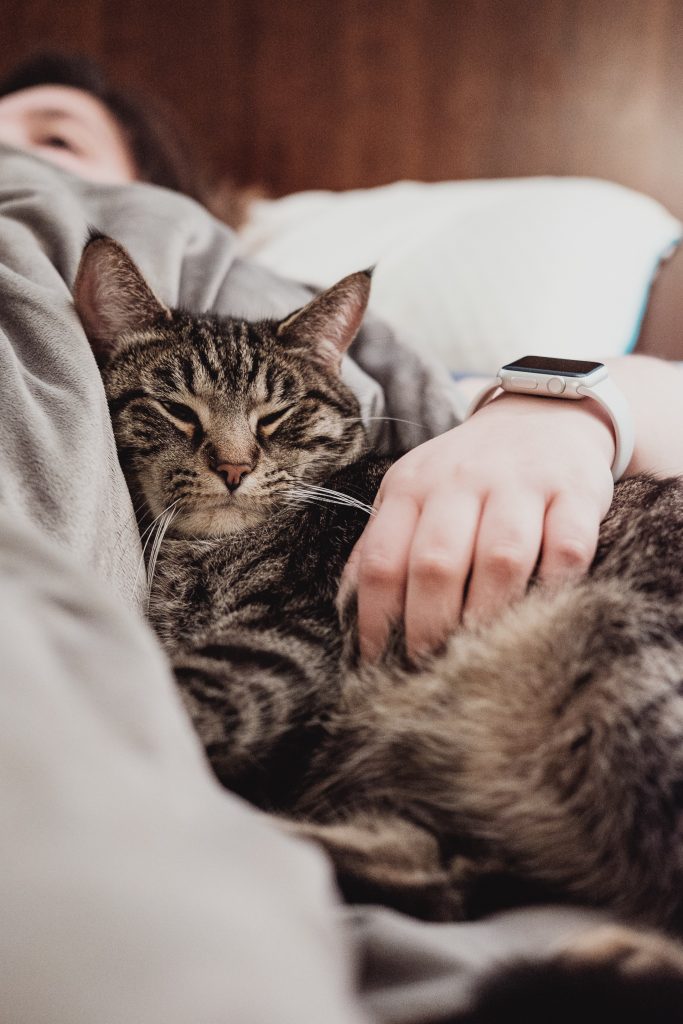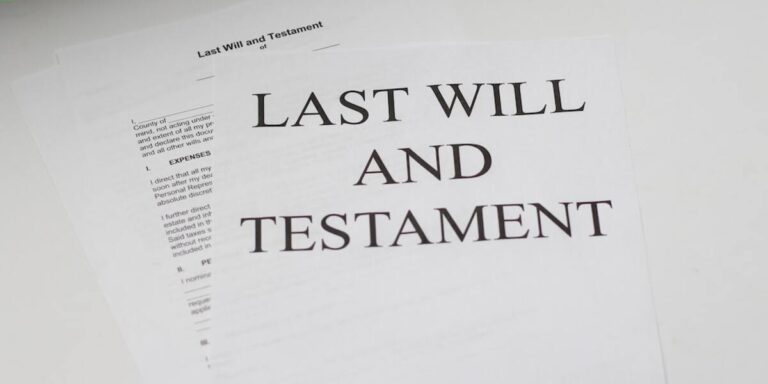Estate Planning For Pets
Estate planning for pets can be a complex and emotional topic, but it is important to ensure their well-being in the event of your passing. In this article, we will explore the various aspects of estate planning for pets, including creating a pet trust, appointing a caregiver, and specifying your pet’s needs and preferences. By the end, you will have a better understanding of how to protect your furry family members and where to find the right legal support for estate formation. Remember, your pets deserve to be cared for even when you’re no longer able to be there for them.

This image is property of images.unsplash.com.
Understanding Estate Planning for Pets
Estate planning is a crucial aspect of preparing for your future, but it does not only involve considerations for your assets and loved ones. Your furry friends also deserve a place in your estate plan. This is where estate planning for pets comes into play. By including your pets in your estate plan, you can ensure that they will be cared for and provided for in case something happens to you. In this article, we will explore the importance of estate planning for pets, what it entails, and who should consider it.
Why is Estate Planning Important for Pets?
Pets are beloved members of our families, and just like any other family member, their well-being should be a top priority. However, if you were to unexpectedly pass away or become incapacitated, there is no guarantee that your pets will receive the care and attention they need. Without proper estate planning, your pets could end up in a shelter or with someone who may not have their best interest at heart. By including your pets in your estate plan, you can establish a clear plan for their care and ensure that they are placed with a loving guardian who will provide for them.
What is Estate Planning for Pets?
Estate planning for pets involves making arrangements for the care and financial support of your pets in the event of your incapacity or death. It typically includes designating a pet guardian, establishing a pet trust, and allocating financial resources for pet care. This comprehensive approach ensures that your pets are taken care of physically, emotionally, and financially, even when you are no longer able to do so yourself.
Who Should Consider Estate Planning for Pets?
Anyone who has a pet and wishes to ensure their well-being should consider estate planning for pets. Whether you are young or old, single or married, having an estate plan that includes provisions for your pets is crucial. It is especially important for individuals who do not have immediate family members who are willing or able to care for their pets. By planning for your pet’s future, you can have peace of mind knowing that they will be in good hands, regardless of what happens to you.
Elements of Estate Planning for Pets
Designating a Pet Guardian
One of the most important aspects of estate planning for pets is designating a pet guardian. This is the individual or family who will assume responsibility for your pets if you are no longer able to care for them. When choosing a pet guardian, it is vital to consider factors such as the person’s willingness, ability, and availability to care for your pets. You should also take into account their living situation, including whether they have other pets or any potential allergies.
Establishing a Pet Trust
Establishing a pet trust is another crucial element of estate planning for pets. A pet trust is a legal arrangement that ensures your pets are provided for financially throughout their lifetime. You can set aside funds specifically for your pet’s care, and designate a trustee who will manage and distribute these funds according to your instructions. The trustee will be responsible for ensuring that your pet’s needs, such as food, medical care, and grooming, are met.
Allocating Financial Resources for Pet Care
In addition to the pet trust, it is essential to allocate sufficient financial resources for your pet’s care. This may include funds for routine vet visits, emergency medical care, grooming, and even ongoing expenses such as food, toys, and bedding. By estimating these costs and setting aside a reasonable amount, you can ensure that your pet receives the care they need without placing a financial burden on their guardian.
Choosing a Pet Guardian
Factors to Consider When Choosing a Pet Guardian
When selecting a pet guardian, there are several factors to consider. First and foremost, you should choose someone who genuinely loves animals and has a genuine interest in caring for them. The person should also have a stable and suitable living situation that can accommodate your pet’s needs. Other factors to consider include the person’s age, lifestyle, and willingness to follow your specific care instructions.
Communication with Potential Pet Guardians
Before finalizing your choice of pet guardians, it is crucial to have open and honest communication with them. Discuss your expectations and ensure that they are willing to take on the responsibility. It is also essential to address any concerns or reservations they may have and provide them with an opportunity to ask questions. This communication will ensure that everyone is on the same page and that your pets will be well-cared for.
Documenting the Pet Guardian Selection
Once you have chosen a pet guardian, it is important to document your selection in your estate planning documents. This can be done through a will or a separate document specifically addressing your pet’s care. It is crucial to review and update these documents regularly to ensure that they reflect your current wishes.
Creating a Pet Trust
Defining the Terms of the Pet Trust
When creating a pet trust, it is essential to define the terms of the trust clearly. This includes naming your pet as the beneficiary and specifying the funds that will be allocated for their care. You should also outline how the trust funds will be distributed and any conditions or limitations on their use. This will ensure that your pet’s caretaker has the necessary financial resources to provide for their needs.
Selecting a Trustee for the Pet Trust
Choosing a trustee for your pet trust is a critical decision. The trustee will be responsible for managing the trust funds and ensuring that they are used for your pet’s benefit. It should be someone you trust implicitly and who is financially responsible. You may also consider appointing a successor trustee in case the initial trustee is unable or unwilling to fulfill their duties.
Outlining Care Instructions and Expenses
To ensure that your pet receives the care and attention they need, it is important to outline detailed care instructions and expenses in your pet trust. This may include specifying the type of food your pet should receive, their medical needs, grooming requirements, and any other specific instructions. By documenting these details, you can provide guidance to your pet’s caretaker and ensure that your pet’s well-being is maintained.

This image is property of images.unsplash.com.
Allocating Financial Resources for Pet Care
Determining the Amount of Funding for Pet Care
To determine the appropriate amount of funding for your pet’s care, you should consider their specific needs and the costs associated with them. Factors such as the breed, age, and health condition of your pet can influence the amount of funding required. It is advisable to consult with a veterinarian or a financial advisor who specializes in estate planning for pets to help you estimate these costs accurately.
Special Considerations for Longevity
When allocating financial resources for your pet’s care, it is crucial to consider their potential longevity. Some pets, such as birds or turtles, can live for several decades, while others, like dogs or cats, typically have shorter lifespans. You should ensure that there is enough funding to cover your pet’s needs for their entire lifespan, including any potential medical issues that may arise as they age.
Updating the Financial Planning Annually
As your pet’s needs may change over time, it is important to review and update your financial planning annually. This allows you to make any necessary adjustments to the allocated funds and ensure that your pet’s evolving needs are being met. Consult with your estate planning lawyer or financial advisor to ensure that your plan is up to date and continues to align with your pet’s requirements.
Legal Requirements and Documentation
Legal Documents for Estate Planning for Pets
When undertaking estate planning for pets, there are several legal documents you should consider. These may include a will, a trust agreement, a pet trust document, and a power of attorney. Each of these documents serves a different purpose in ensuring the proper care and distribution of your assets, including provisions for your pets. It is essential to work with an experienced estate planning lawyer to draft and execute these legal documents properly.
Working with an Estate Planning Lawyer
While it is possible to create a basic estate plan for your pets using online templates or DIY methods, working with an estate planning lawyer is highly recommended. An experienced lawyer can provide personalized advice and guidance based on your unique circumstances. They will ensure that your estate plan complies with the relevant laws and is legally enforceable, giving you peace of mind that your pets will be cared for according to your wishes.
Reviewing and Updating the Documents Regularly
Estate plans, including those for pets, should be reviewed and updated regularly. This is especially important if there are any significant changes in your life, such as a marriage, divorce, the birth of a child, or the death of a loved one. By reviewing your documents regularly, you can ensure that your estate plan remains current and reflects your current wishes.
Communication with Family and Loved Ones
Informing Family and Loved Ones about the Estate Plan
It is crucial to communicate your estate plan, including provisions for your pets, with your family and loved ones. This will avoid any potential disputes or confusion regarding your wishes. By openly discussing your intentions, you can provide clarity and reassurance to your loved ones that your pets will be well-cared for.
Discussing the Responsibilities of Pet Care
When informing your family and loved ones about your estate plan, it is important to discuss the responsibilities of pet care. Clarify who will be the designated pet guardian and what their role will entail. Address any concerns or questions your loved ones may have and provide them with the opportunity to express their own thoughts and concerns.
Providing Contact Information for the Estate Planning Lawyer
To ensure a smooth transition and proper implementation of your estate plan, it is important to provide your family and loved ones with the contact information of your estate planning lawyer. This will allow them to seek professional guidance in case they have any questions or need assistance with the legal aspects of your estate plan.
Additional Considerations for Estate Planning for Pets
Including Emergency Care Instructions
In addition to the long-term care provisions, it is essential to include emergency care instructions in your estate plan. These instructions should outline what should happen to your pets in case of a sudden emergency, such as a natural disaster or personal injury. This will ensure that even in unforeseen circumstances, your pets are protected and provided for.
Accounting for Multiple Pets
If you have multiple pets, it is important to consider their dynamics when planning for their care. Some pets may have special needs or require specific attention. You should take into account the relationships between your pets and ensure that they are placed together or in suitable environments that meet their individual needs.
Addressing Unforeseen Circumstances
While we can plan for many eventualities, there may still be unforeseen circumstances that could impact your estate plan for your pets. It is important to include a contingency plan in your estate planning documents, outlining what should happen if your designated pet guardian is unable or unwilling to care for your pets. By considering these possibilities in advance, you can ensure that your pets are always protected and provided for.

This image is property of images.unsplash.com.
Taking Action: Steps to Begin Estate Planning for Pets
Researching Local Estate Planning Lawyers
To begin your estate planning journey for your pets, start by researching local estate planning lawyers who specialize in pet-related planning. Look for professionals with experience in this specialized area to ensure that they fully understand your specific needs and requirements.
Gathering Information about Pet Care and Finances
Before consulting with an estate planning lawyer, gather relevant information about your pet’s care and financial needs. This may include details about their routine veterinary care, current expenses, and any potential future medical expenses. Having this information readily available will help your lawyer create a tailored estate plan that meets your pet’s specific needs.
Booking a Consultation
The final step in beginning your estate planning for pets is to book a consultation with an experienced estate planning lawyer. During this consultation, you can discuss your specific circumstances and goals, ask questions, and receive professional advice tailored to your needs. Your lawyer will guide you through the process and work with you to establish a comprehensive estate plan that includes provisions for your beloved pets.
Conclusion
Estate planning for pets is a necessary step to ensure the well-being and continued care of our furry friends. By designating a pet guardian, establishing a pet trust, and allocating financial resources, you can have peace of mind knowing that your pets will be cared for when you are no longer able to do so. Remember to communicate your estate plan with your family and loved ones, regularly review and update your documents, and work with an experienced estate planning lawyer to ensure that your pets are protected according to your wishes. So take action today and begin the process of estate planning for your pets. Your four-legged companions will thank you for it.






